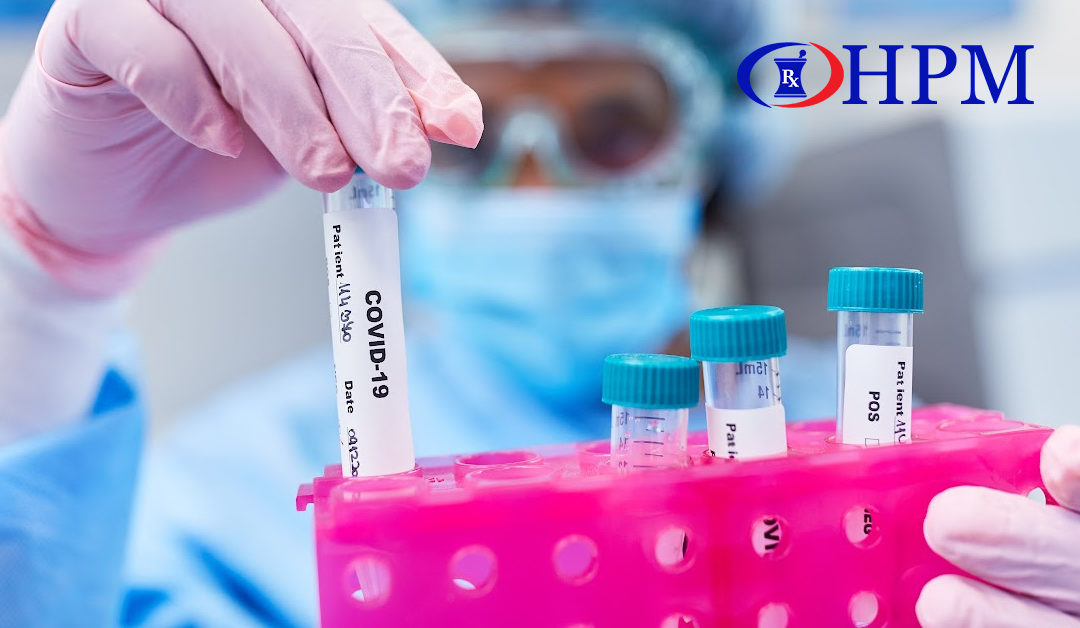Over the last year and a half, the entire world has seen a shift in how we operate daily due to Covid-19. Not shaking hands, remote meetings, and lockdown orders have all impacted people’s way of life. Yet the medical field has stayed strong and pursued what they can to end this trying time and return to normal.
While it can be hard to decipher the amount of information floating around these days, here are a few critical pieces of info as they pertain to Covid-19 therapies.
While it may seem as though there are only a few options being investigated in terms of treatment and prevention, that really isn’t true. Multiple clinics and pharmaceutical companies worldwide are working hard to find what will be the most effective solution. Between Antivirals, Immune Modulators, and other options, the research is happening at an unprecedented pace. The medical field is adapting and working daily to help figure out how to return to normal.
The CTAP program, created by the FDA, is a special emergency program for possible coronavirus therapies. This goes in hand with the previous point of the speed that work is accomplished. According to the FDA, the program uses every tool in their toolbox to move new treatments to patients as quickly as possible, while also finding out if they are helpful or harmful.
The FDA’s implementation of this program has allowed many clinical trials and other forms of research to gain a fast track to review. Given the nature of the Covid-19 pandemic, the faster a solution is found, the better. But these solutions also need to be safe. The CTAP program aims to expedite any process for viable forms of treatment so long as they are deemed safe. This program applies to new types of therapy, using existing options, and ensuring that they won’t have any adverse side effects.
- Artificial intelligence is playing a major role in Covid-19 therapy research.
Given the digital age we live in, why shouldn’t technology be at the forefront of our research, especially when it can free up the time of the people conducting the in-person trials that require human intuition? Utilizing AI in the medical field is a very new process, but it has already proven helpful. The use of AI in drug discovery will undoubtedly lead to promising candidates, and these candidates will likely follow a conventional longer-term drug development pathway toward clinical validation studies.
The implementation of AI allows computer programs to carry out critical tests that would typically take teams of people multiple days to complete. It also creates the opportunity for these computer systems to cross-reference results of existing drugs and their effectiveness with other options that may yield better results. This again allows medical researchers to spend their time helping in different areas that are more beneficial to the people at high risk.
COVID-19 is changing the use of information technology in healthcare services. Telemedicine has received much more attention during this pandemic thanks to its remote availability. Telemedicine provides electronic consultations and has reduced the risk of transmission by reducing in-person contact among people. Now more than ever, there is an increased need for people to get remote medical advice and help short-staffed hospitals.


Recent Comments